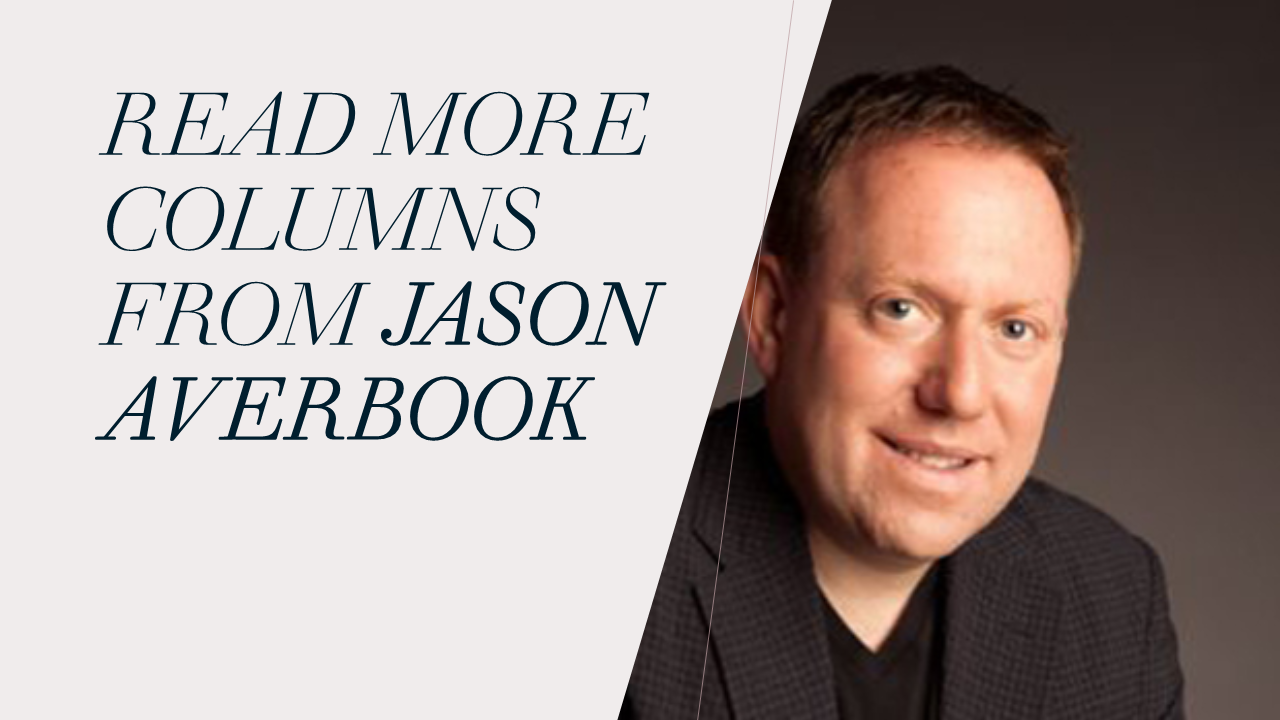Reshaping the Now of Work has never been more urgent, more important for business continuity, and more mission-critical to organizational success and the humanization of work. That’s referring to our understanding of how work looks, how and where it’s performed, why we do it, and to what end it needs to be reimagined. That’s why I’ve been calling 2021 the Year of ‘Re-‘. Whatever changes you made, whatever transformation work you initiated as you reacted to multiple crises—and even if you’d previously made significant gains to elevate, modernize and reposition HR to better support the business and meet the needs of the workforce—your work will be wasted without a digital mandate for 2021 to both secure your foundation and to serve as a guiding North Star for continued transformation.
Crisis can be a timely catapult for necessary change. The programmatic and strategic work of digital transformation cannot wait, nor can it be fully realized or sustained without infusing change capabilities into the organization. Your whole enterprise needs to build its change muscle and be stewards of change—we call this “democratizing change”—or transformation will be temporary. The digital mandate that every organization needs for 2021 must include a change-enablement approach to create an experience that will actually stick. Our own David Henschel, leading thinker and advisor on change experience, reminds us that most transformation programs fail to meet objectives. That’s because we react to change rather than proactively shaping, creating, supporting and celebrating change as a growth agent.
RELATED: Spring HR Tech is coming soon. Register here.
I propose we think about change differently. Rethink change. Change is an experience; change is healthy, necessary and your competitive differentiator when it’s embraced with a digital mindset; change is a growth agent and people accelerator. Change enablement is an important tool in driving digital capabilities and empowering people to adapt. We don’t adopt new technology, after all, we adapt to change. When we start to bend work to people and not people to work, we begin to customize and personalize an experience for them that makes it easier for them to perform, that makes them happier, that honors and respects the way we want and need to work. There’s nothing more inclusive and dignifying than that; humanizing work by meeting people where they are. There’s a lot of talk about the need to be more human in the workplace, and that’s what it actually looks like.
But it’s a new approach—one we can celebrate, one we can be proactive rather than reactive about, and one that needs to be explained. Change should be marketed with the same thoughtful strategy, with a mind to business objectives, with an understanding of both why and how, and with a nod to the audience we expect to benefit from a new experience. If a coffee shop remodeled to deliver a better experience to its customers, it wouldn’t do so with no warning, no explanation, in a vacuum, as an apology after the fact and with a sterile afterthought that “we’re new and improved, hope you like it.” There would be much more thought and care about the transformation so as not to lose customers. In fact, this would be an ideal moment to leverage positive change to attract more customers. Done well, this moment would be positioned as a business stimulant. A more modern and beautiful experience could be positioned as a gift you wish to give customers, an expression of gratitude, an invitation to welcome new customers, and a celebration of future shared experiences.
This is a simple example to illustrate the concept: Humans are naturally inclined to adapt, if only you make us part of the journey and celebrate shared outcomes.
Mindset is a critical component to our digital equation for success; mindset is your WHY. Technology is HOW, as is knowing your people and understanding their journeys. Thinking about change differently, bolting it to your WHY, will make all the difference between making progress not just possible, but permanent.
Spring HR Tech: Analyst and author Jason Averbook will discuss “Changing Work for Good: A Whole Person Approach to Digital Transformation.” Register here.



